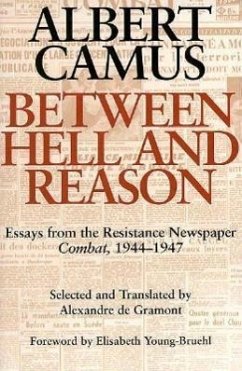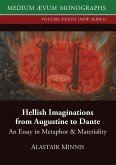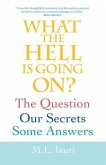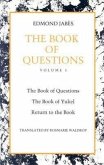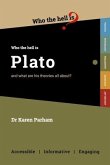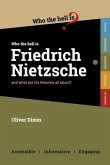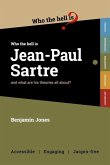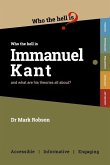From 1943 to 1947, Albert Camus was editor-in-chief of the famous underground and post-Liberation French newspaper Combat. Among his journalist writings during this period were eloquent essays that grappled with questions of revolution, violence, freedom, justice, ethics, and the emerging social order. The 41 pieces collected here--most never before published in English--tell the story of a sensitive man's odyssey from "hell to reason" at a time of tremendous upheaval while also providing a missing link between Camus's pre-war and post-war works. Almost lyrical in their intensity of thought and language, these newspaper pieces show a Camus new to most American readers and are a unique testimony to an extraordinary period in history with parallels to current changes in Eastern Europe. At the time of Liberation in 1944, Camus called for a revolution in French society, including a violent purge of those who had sided with the Nazis. When this turned into a near civil war of personal vendettas and summary executions, he gradually became disillusioned with his hopes for a new society. His later pieces in Combat show him arriving at a more moderate theory of revolt later echoed in such books as The Plague and The Rebel: the individual mattered above all, human life was greater than social goals. "I have come to the conclusion", he wrote, "that men who want to change the world today must choose one of the following: the charnel house, the impossible dream of stopping history, or the acceptance of a relative Utopia that still leaves man the choice to act freely".
Hinweis: Dieser Artikel kann nur an eine deutsche Lieferadresse ausgeliefert werden.
Hinweis: Dieser Artikel kann nur an eine deutsche Lieferadresse ausgeliefert werden.

